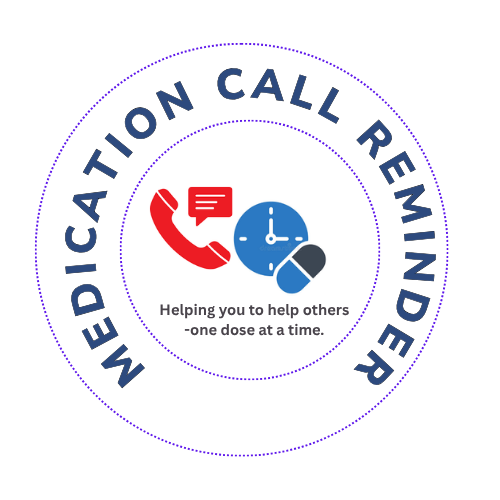General Practitioners are consistently seeking ways to improve unbiased quality patient outcomes
Patients can take charge of their medications, following tips and strategies shared with them by their medical provider. In fact, research carried out by the National Library of Medicine shows that patients of all ages wish their doctors had more time to share health information with them. This certainly would allow them to better facilitate their treatment plan. Because so many senior patients become confused, it is considered the general provider’s obligation to ensure they comprehend their care goals—specifically their medication therapy plan. If more time is allocated for patient well-being appointments the general medical provider has the time to go over existing medication being taken and be ready to answer any questions or concerns about those meds. Furthermore, this can be taken one step further and practitioners should also discuss any new medications that might be prescribed as well. This alone generally minimizes the risks associated with miscommunication and patient compliance.
As all of us know, staying on track of medications is critical to a patient’s health, especially with those with chronic conditions and the senior population. From general practitioners ensuring medications are being stored correctly to helping patients establish tracking software and other educational tools to stay on track—simple strategies are really all that it takes to increase medication adherence and minimize non-adherence. Improved patient outcomes are almost guaranteed when improved communication and education is put into place. If anything, patients at any age will learn how to manage their medications far more wisely.
It definitely takes a great deal of time and an eye-for-detail, which many providers claim they don’t have. But a lack of time is one of the more worrisome problems with this concurrent healthcare issue. General practitioners and other healthcare professionals should work as a team to ensure that a patient feels confident and well-informed about their medication management and therapy. The following below advice shares strategies that a general practitioner can offer to patients. This advice can facilitate a manageable way to consistently take prescribed meds for the best possible patient health outcome.
The best value is what many people are after. No matter what age someone is, consumers, want to know why they are having to take specific medications. Consumers should also receive proper counseling and tips to manage their medication therapy. You’ll find the following strategies possibly advantageous and very beneficial for long-term patient care. When there are more than two or three medications prescribed, these steps can help improve patient health and better manage chronic medical conditions. According to the US National Library of Medicine, an estimated 75% of Americans struggle to manage medications. General practitioners can help keep them on track by:
- Establishing health care community access points through partnerships with other health agencies
- Improve poor health literacy by establishing better communication, possibly through online portals
- Suggest medication call reminder programs that are easy to sign up with and help schedule medications automatically
- Improving the doctor/patient relationship through collaboration and building trust
- Making sure patients have the proper instructions for taking new and existing medications
- Setting up follow up appointments to re-evaluate and go over prescription concerns
- Working with pharmaceutical companies to make certain prescribed medications are affordable
- Collaborating with pharmacists to establish more in-depth counseling services
- Educating caregivers on the importance of keeping the patient on a managed medication schedule
- Being accountable for the patients’ medical records and tracking their progress accurately


0 Comments